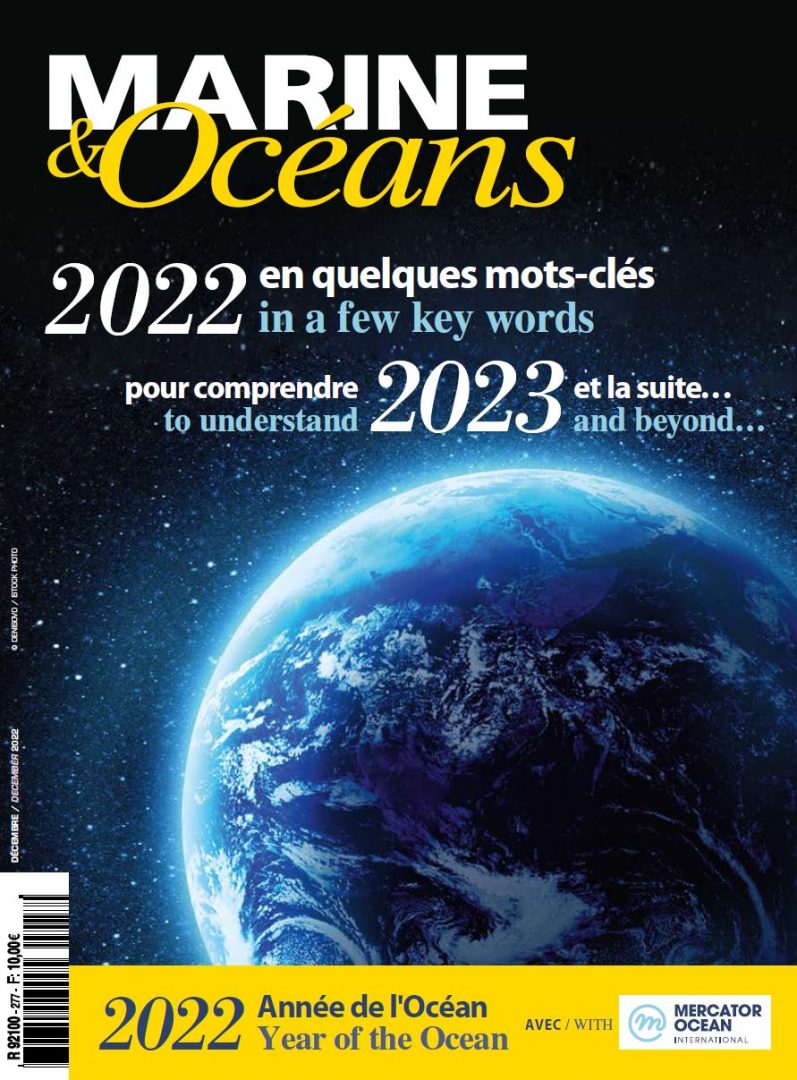“The sea is a link between Morocco and the world.”
Interview by Aymeric Chauprade
* * *
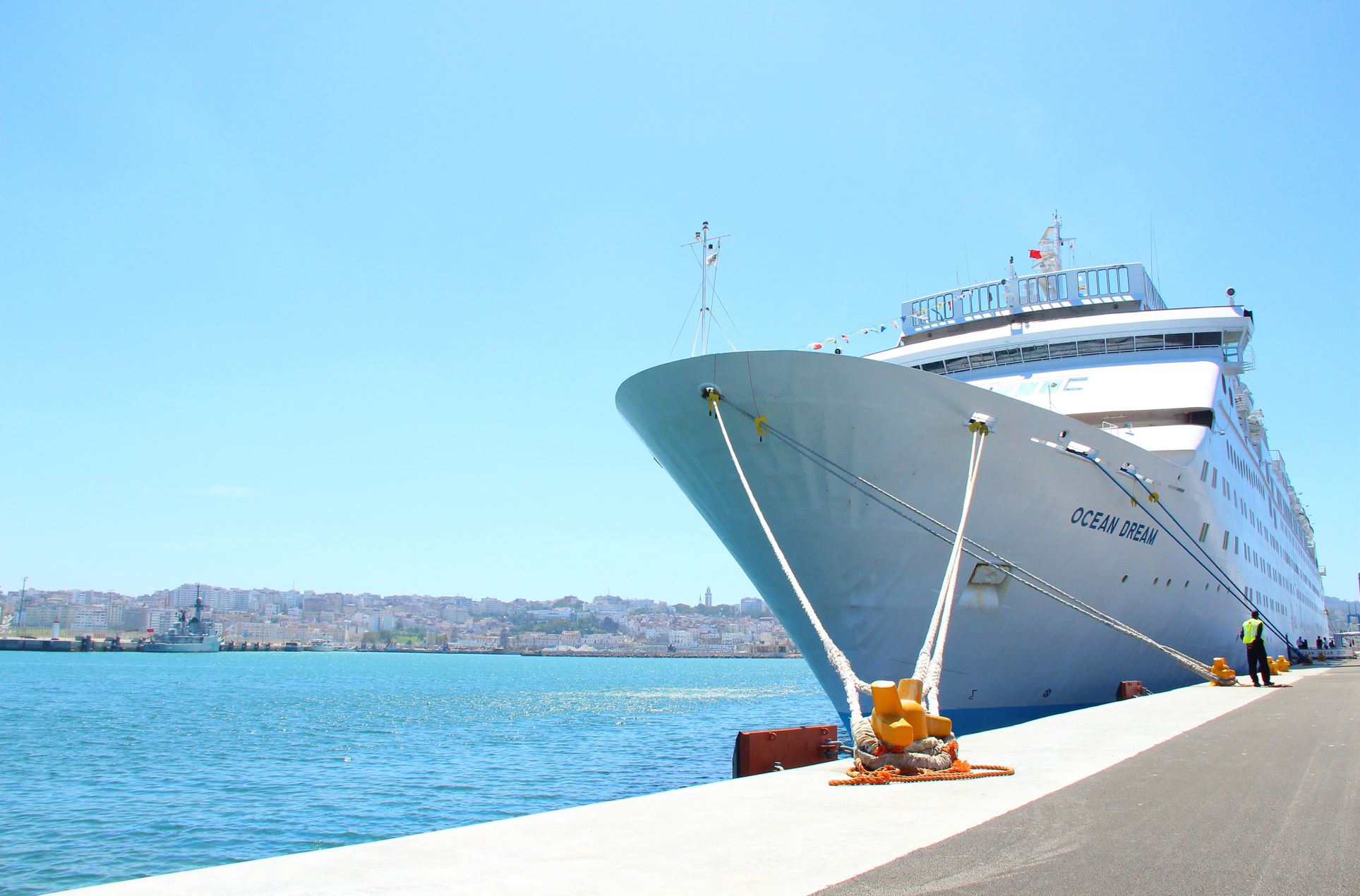
We observe a global trend towards the end of land border conflicts between states but an increase in terms of maritime delimitation disputes. What is the philosophy of the Moroccan Ministry of Foreign Affairs regarding the issue of maritime sovereignty?
Land border conflicts are often a legacy of colonial injustices. About thirty conflicts of this kind broke out in Africa, following the transitions to independence. Most of these are now resolved but not all. I wish I could say that land conflicts have disappeared but this is not the case yet. The reality is that having restored national sovereignty on land, states sought to strengthen their presence at sea. This appropriation of maritime spaces often resulted in the emergence of overlapping areas, a situation that is usually inconsistent with sovereignty, notably in a context of increasing interest for the sea. More than a border, the sea is a space of connection, security, resource and cooperation in terms of relationship with neighbouring countries and with the rest of the world.
Following this global trend, the 1982 Convention on the Law of the Sea not only allowed countries to have a clear vision of their own rights, but also permitted the acceleration of their claims by setting strict deadlines as, for example, for the extension of the continental shelf. This is the reason why we observe a growing number of claims and hence, of disputes. It must be reminded that the Convention also established equity and the reject of the “fait accompli” in the issue of maritime delimitation. As a result, maritime disputes are also opportunities for invitation to dialogue and negotiation. Moreover, the Convention includes specific provisions — such as the Joint Development Areas — which allow to transform overlapping areas into cooperation opportunities rather than in sources of conflict, without pre-empting the legal solutions regarding the substance of the respective claims.
This is precisely the philosophy of Morocco: completing the delimitation of its maritime areas, and exercising in a responsible way the prerogatives of its sovereignty or jurisdiction, while enhancing these areas for connection, cooperation, and development opportunities.
In this context, how does your ministry work and what are your results in terms of consolidation of Morocco’s maritime sovereignty considering the UN Convention on the Law of the Sea?
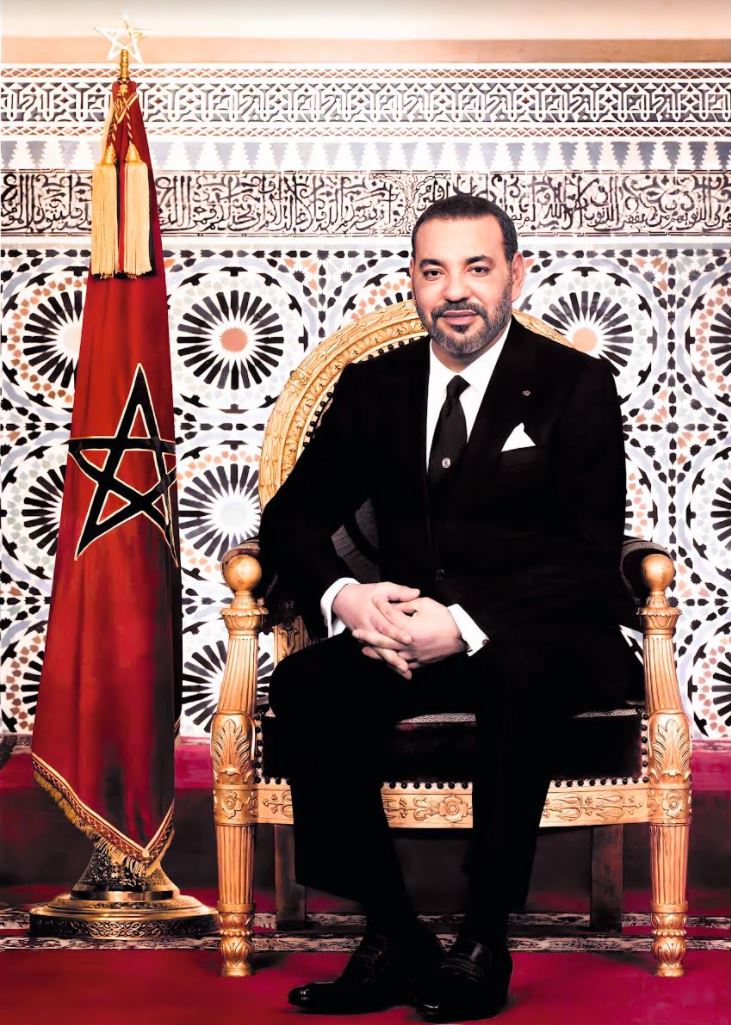
I would first underline the structuring royal interest regarding maritime issues. The 1982 Convention on the Law of the Sea was ratified under the reign of His Majesty King Mohammed VI. Indeed, Morocco had defined its own maritime spaces since 1973. But, in order to complete the country’s territorial integrity in the southern provinces and to optimise the opportunities offered by the Convention in the light of a complete and updated maritime situation, the kingdom initiated a process which resulted in 2020, in the laws n°37-1 and n°38-17 concerning respectively the territorial waters and the Economic Exclusive Zone.
We also established updated baselines along our nearly 3,500 km of coastline in the Atlantic and in the Mediterranean. Finally, Morocco submitted preliminary elements for the extension of the outer boundaries of its Continental Shelf to 350 nautical miles, pending the completion of its final application. This work, which is both necessary and salutary, was done in strict compliance with the rights and obligations of Morocco, particularly with regard to its neighbours. Morocco rejects the unilateral fait accompli and does not seek to impose its position. The maritime delimitation will be done, at the appropriate time, on the basis of an equitable agreement with the neighbouring states.
The King of Morocco has a very humanistic position on the question of immigration, which has become a major concern for the European Union (EU). How does Morocco address this migration issue?
Indeed, Morocco addresses this issue through the humanistic leadership of His Majesty the King of Morocco, as shown by our national policy in this domain. It is humanistic in its definition, pragmatic in its method and responsible in its action. A reality that is not just an affirmation but the result of actions. It is no coincidence that Her Majesty the King was nominated by African heads of states as the leader of the African Union on Migration. It is no coincidence either that Morocco hosts the board of the African Observatory on Migration. And it is no coincidence that Marrakech hosted the International Conference on Migration or that Morocco was elected among the leading countries of the Marrakech Pact on Migration. On the issue of migration as on many others, Morocco is and remains a reliable and committed partner for Europe. Because we consider our partnership with the EU from a global perspective. The royal point of view on the migratory issue encourages equilibrium between security and development, between regulated movements and human rights of migrants, between indispensable firmness and shared responsibility.
How do you consider the global, privileged and reinforced partnership between Morocco and the European Union? In your opinion, what are its main assets and its potential weaknesses?
The partnership between Morocco and the European Union is a long-term achievement led by sustainable dynamics. Our vision of this partnership is at the same time positive and demanding. It is positive because the partnership is the first of its kind at the level of the entire EU southern neighbourhood, at all levels. It is demanding as well since our ambition is to fully optimise its potential in the framework of a win-win relationship, based on mutual respect and confidence. We consolidate our convergences with the EU in a transversal manner on all areas of cooperation, and notably those related to maritime and fisheries issues, training to maritime-related jobs, civil protection and coordinated border management. In concrete terms, we are working as partners for the valorisation and the sustainability of fish resources in Moroccan waters.
I am convinced that the EU-Morocco partnership will grow along with the changes we all have to cope with in terms of geopolitics, economy, society, culture, health, environment and technology. Most of the challenges we expect are exogenous. The partnership between Morocco and the EU does not have only friends, but the determination of its opponents strengthened it and revealed its resilience. For example, we established a new generation of fishing agreements encouraging the preservation and sustainability of national fish resources. From a certain point of view, without these attacks, the Morocco-EU partnership may not have been as strong as it is today. As Franklin Roosevelt said, “a smooth sea never made a skilled sailor”.
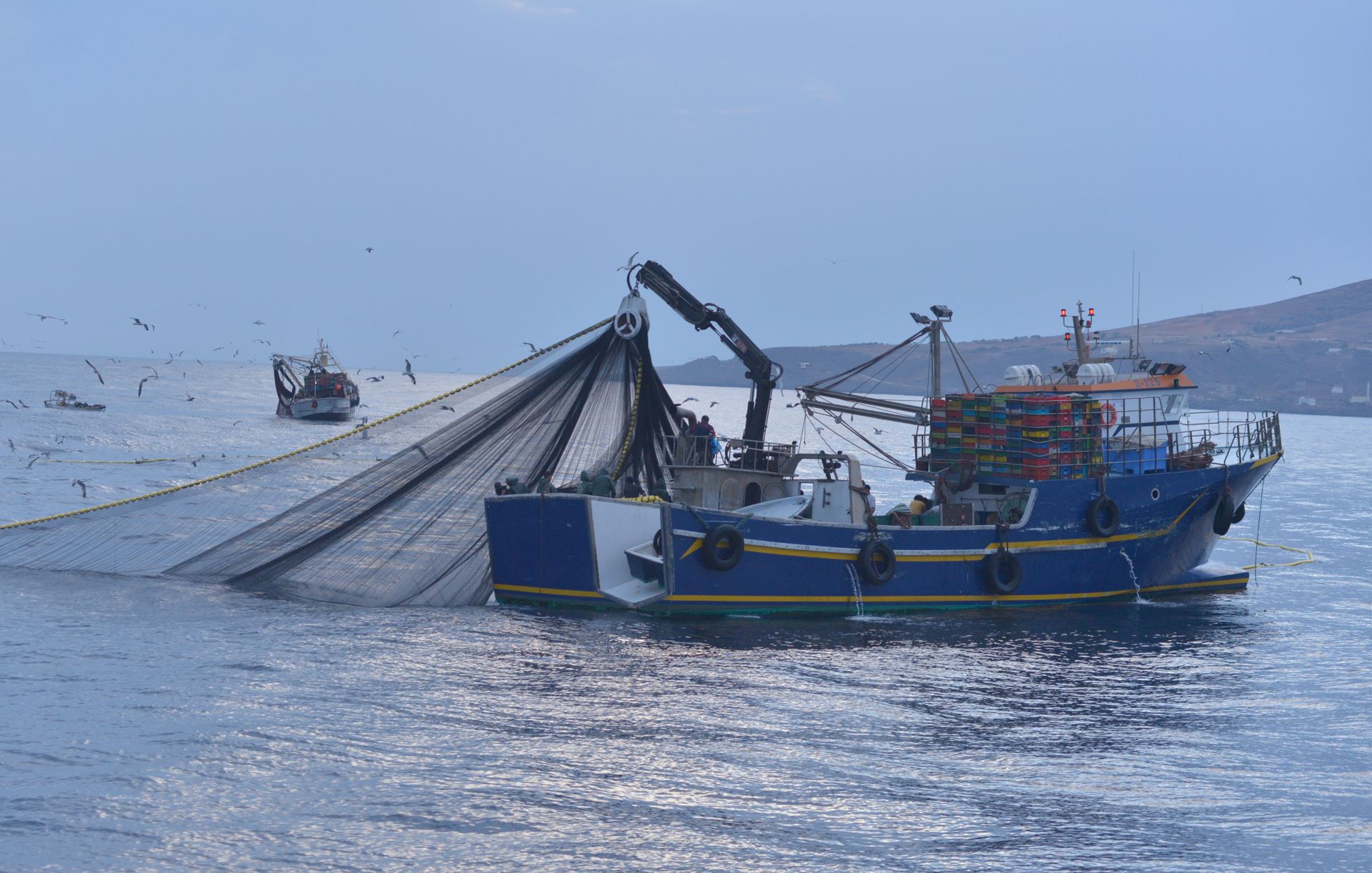
Morocco has fishing agreements with the European Union but also with countries such as Japan and Russia. On what criteria does Morocco grant access to its fish resources and for what purposes?
The agreements with the EU, Russia and Japan are particular in that they give a regulated access to the Kingdom’s fisheries resources, that is strictly limited to the surplus stock. They aim at valorising this surplus which would otherwise be lost, while ensuring the sustainability of the resource. These agreements are also a vector for socio-economic development, both at national and regional levels. We therefore ensure that they have a positive impact on the sector and on the populations, notably in terms of employment, fishing economy, and knowledge transfer. However, in addition to these three mechanisms, Morocco has an extensive network of agreements which, without giving access to the resource, strengthens cooperation in the fisheries sector. We have agreements with nearly thirty countries in the Arab world, Africa, Europe, Asia and Latin America.
Morocco has been strongly committed to climate and environmental issues in recent years, particularly in implementing the Paris Agreements. Accordingly, the Kingdom had made the commitment to reach 42% of electricity produced from renewable energies in 2020 and 52% by 2030. What can you tell us about this, and what is the share of maritime energy in this ambition?
Under the impulse of His Majesty the King, Morocco has constantly demonstrated its commitment to sustainable development and to the fight against climate change. Concretely, this commitment results in a policy based, notably, on renewable energies, on the diversification of the energy mix, and on the enhancement of energy efficiency. At the moment, 3.950mW obtained from sun, wind and hydroelectric resources are already operational resulting in a nearly 10% drop of our energy dependence rate.
Morocco’s commitment also implies an active mobilisation in the climate action in Africa, either through the three climate commissions established during the African summit for action organised in Marrakech in 2016 on the occasion of the COP22, or through the initiative for the Adaptation of the African Agriculture (AAA).
The maritime component has a significant role in the kingdom’s ambitions. The royal speech of 6 November 2020 on the occasion of the 45th anniversary of the Green March underlined how important it is to “highlight the numerous opportunities provided by the maritime sector”, by investing notably “as much for water desalinisation as for the exploitation of renewable energies obtained from windfarms or tidal turbines”. Work is in progress to transform this orientation into a concrete roadmap towards a sustainable and inclusive blue economy.
The Sahara has become an essential component of Morocco, where significant results have been achieved in recent years, such as the opening of many foreign consulates in Dakhla and Laâyoune. What can you tell us about this, and in which way do the Saharan provinces play a role in the maritime future of Morocco?
The Sahara is much more than an essential component of Morocco. As His Majesty the King said, “It is a matter of existence, not of borders”. The Sahara symbolises Morocco’s attachment to its national unity and territorial integrity. It is the prism through which we consider our international relations and the quality of our partnerships.
The southern provinces are as important for the Kingdom’s maritime future as are the northern regions and the Mediterranean coast. They also have the particularity of being a link with Morocco’s African heartland. The New Development Model for the Southern Provinces, initiated by His Majesty the King in 2015, has raised 8 billion dollars to make the Sahara an economic pole and a platform for growth and development at the national, regional and continental levels. It is also in light of this perspective that 23 countries decided to open Consulates General in Laayoune and Dakhla, and many others will follow in the coming months.
This trend is even more pronounced as the region is expected to become a hub for continental and transatlantic trade, within the framework of the High Vision of His Majesty the King for the development of the Saharan Provinces. The royal orientations for the development of the maritime economy in the Moroccan Sahara focus on port infrastructure, maritime fisheries and seawater desalinisation as priority fields, to allow the region to reach its full potential. In this context, the port of Dakhla-Atlantique is, among others, a landmark project. It will reinforce the region’s role as a West African and continental hub, in the new dynamic instilled by the African Continental Free Trade Area.
King Mohammed VI is sometimes described as the ‘African King’. Under his reign, Morocco has reintegrated the African Union and developed strong relations with many countries on the continent. What connection would you make between the African and maritime policies of Morocco?
Though Africa has always been at the heart of Morocco, the two past decades have definitely proved that Morocco is at the heart of Africa. His Majesty the King personally supervises the African policy of the Kingdom. Maritime policy naturally fits in due to the unique position of Morocco at the crossroads of global exchanges and at the junction of the African, Euro-Mediterranean, Arab-Asian and transatlantic spaces.
In this context, the maritime sector is a link between the Kingdom and the world, and in particular Africa. In this spirit, Morocco has committed in a structuring project to modernise its maritime, transport and logistics infrastructures on its two maritime shores, in accordance with its 2030 national strategy. This maritime policy also allows Morocco to be an actor in global energy security. It assumes the role of being a link, including between the major African gas producers and the European and world markets, thus contributing to the emergence of an energy scheme combining fossil fuels from the Gulf of Guinea and renewable energies, a domain in which Morocco is a leading provider.
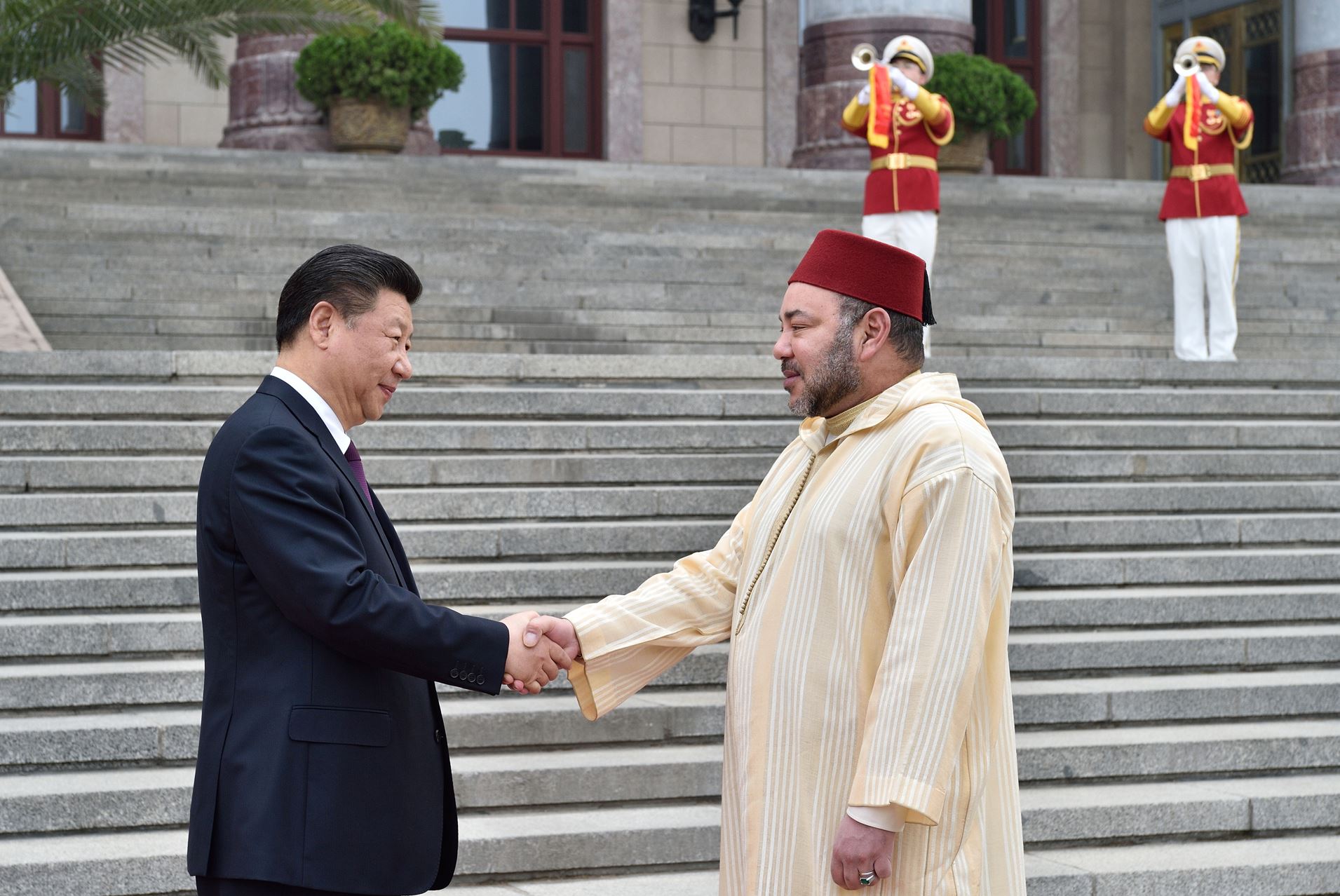
Since the end of the Cold War, and particularly under the lead of King Mohammed VI, Morocco has been developing a foreign policy that can be described as multipolar. In November 2017 you set up an agreement with China to include Rabat in the Silk Roads. Does this mean that the Moroccan port system, which is currently undergoing strong development, is destined to be integrated into the new Chinese strategy?
The Royal Vision of Morocco’s foreign policy does not conceive the world in axes, but in partnerships. Accordingly, Morocco is working pragmatically to diversify its partners by consolidating its relations with historical friends, but also by opening up to new partners.
Concerning China in particular, there is a long-standing bilateral partnership, but a key milestone was reached on the occasion of the Royal Visit to Beijing in May 2016. China has become Morocco’s third largest trading partner. The cooperation carried out since March 2020 against the Covid-19 pandemic has only reinforced the links and demonstrated the relevance and effectiveness of the Strategic Partnership sealed by His Majesty the King and the Chinese President in 2016.
In addition to the major bilateral achievements of the last five years, Morocco’s adhesion to the Belt and Road Initiative(1) falls within this reference framework. Morocco intends to be a key country in this process considering its geo-strategic positioning, the density of its infrastructure, the openness of its economy, the quality of its human resources and the opportunities it offers as a platform for investment and exchange.
The Tangier-Med harbour, and other large harbours under construction or extension, such as the harbour of Nador on the Mediterranean coast, or the harbours of Kenitra, Casablanca, Jorf Lasfar, Safi, Agadir and Dakhla on the Atlantic coast, will make Morocco a major player in tomorrow’s maritime trade. For Morocco, it is simply a matter of transforming its natural assets and the major projects carried out under the leadership of His Majesty King Mohammed VI, into opportunities for exchange and co-development, in a win-win approach.
- The new Chinese silk road


